Diese Beiträge sind zurzeit leider nur auf Englisch verfügbar. Wir bitten um Verzeihung für die Unanehmlichkeiten
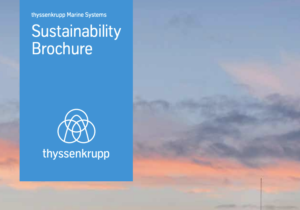
The task is challenging given its complexity, but the mission is crucial. We have the willingness, the knowledge and the technlogy to shape a future worth living for many generations
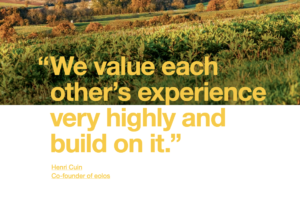
Back in 2020, we started
to look together at the main environmental trends that will shape the electrical world, from a regulatory,
customer, social and technological
perspective.
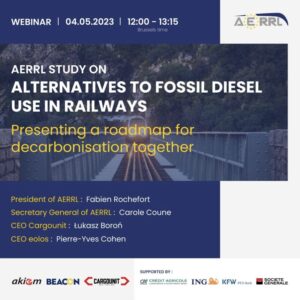
AERRL has launched this study authored by eolos GmbH to identify and promote technologies to cut the climate impact of the existing diesel-powered rail fleets in the near
future.
Diese Beiträge sind zurzeit leider nur auf Englisch verfügbar. Wir bitten um Verzeihung für die Unanehmlichkeiten

In addition to being sidelined in the current campaign, climate and environmental issues seem particularly prone to political polarization: ambitious measures require trust in scientific institutions, international coordination, and a holistic approach to take into consideration social and economic pain points – otherwise, we can foresee climate policy becoming the scapegoat for other major crises like the rising cost of living or rising unemployment.
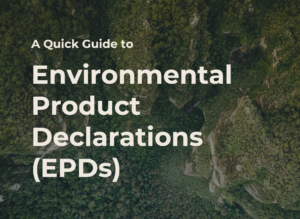
Environmental Product Declarations (EPDs) serve as a crucial tool for businesses, consumers, and policymakers.
It offers a holistic perspective, examining the environmental repercussions.

“Global warming expressed in CO2e” – ever read an environmental report and wondered what these impact indicators actually mean? This article introduces you to the most common EII which you to might encounter when reading an extrafinancial disclosure or preparing your first life cycle assessment!

Life Cycle Assessment (LCA) is a methodology used to evaluate the environmental impacts of a product or service throughout its entire life cycle including raw material extraction, production, distribution/transportation, use/operation, and end-of-life management.
It offers a holistic perspective, examining the environmental repercussions.

Great news from the EU: The Corporate Sustainability Reporting Directive (CSRD) promotes increased transparency and harmonized disclosure for sustainability information in financial reports. Broadening the Non-Financial Reporting Directive’s scope, CSRD introduces double materiality and standardized reporting, which will be progressively implemented between 2025-2029.

Repairing products in the electronics industry, is it possible to make repairing both environmentally and economically viable? A concrete example

Hager Group, advised by eolos, is working towards manufacturing eco-responsibility. By involving plant energy managers and implementing improvements, they reduced CO2 emissions by 1% in Q3 2022, eliminated 200 tons of non-recycled plastic packaging, and aim for 100% sustainable packaging by 2024.
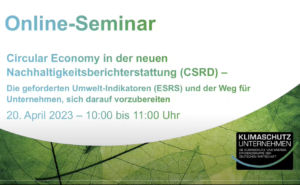
Circular Economy in der neuen
Nachhaltigkeitsberichterstattung (CSRD)& die geforderten Umwelt-Indikatoren (ESRS)

The IPCC report underscores rising greenhouse gas emissions, mainly from industry. Declining low-emission technology costs and increased usage aid mitigation of climate change. Decarbonization, sustainable options, international cooperation, and policy implementation are vital for a net-zero industry and climate resilience.

S’exprimer malgré un vocabulaire mouvant et construire un consensus sémantique entre les milieux. Les préoccupations environnementales se font plus pressantes et les entreprises et gouvernements sont encouragées à déclarer leurs objectifs d’émissions de gaz à effet de serre.

This article highlights climate change’s adverse impacts on humans and ecosystems, exacerbating vulnerability and global inequalities. These details are in the IPCC report. Climate risk depends on mitigation and adaptation efforts. Integrating these measures enables climate-resilient development. Maladaptation can be avoided with inclusive, long-term planning.

The circular economy (CE) helps achieve sustainability by maximizing resource value and minimizing waste. While sustainability encompasses people, profit, and planet, CE principles address resource extraction, production, and consumption. Regulations and business model adaptations contribute to this transformation.

To achieve net-zero emissions by 2050, industries must understand and reduce their carbon footprint. The focus has shifted from emissions per product to absolute emissions reduction. Governments and businesses must collaborate, leveraging disruptive innovation, circular economy principles, and resource value retention frameworks to achieve balance between resource use and future planetary protection.

Verhaltenscodex: Weil unsere Werte uns wichtig sind

« Fixer le cap » : c’est l’ambition de la nouvelle stratégie nationale portuaire, qui s’inscrit dans le plan de relance français, afin de (re)positionner

Batteries can contribute to sustainable development and climate change mitigation. But they require major changes in the value chain, from materials sourcing to end-of-life management. Europe aims to build a sustainable internal battery value chain, creating business opportunities and addressing environmental concerns through circular approaches, recycling, and repurposing.

European clean energy transition regulations foster a competitive and sustainable battery industry. The EU’s new Batteries Regulation aims to modernize battery life-extension, waste collection, and material recovery while reducing hazardous substances. Europe’s electric vehicle market is growing, with legislative frameworks and the European Battery Alliance driving a sustainable value chain, focusing on raw materials, recycling, and workforce development.
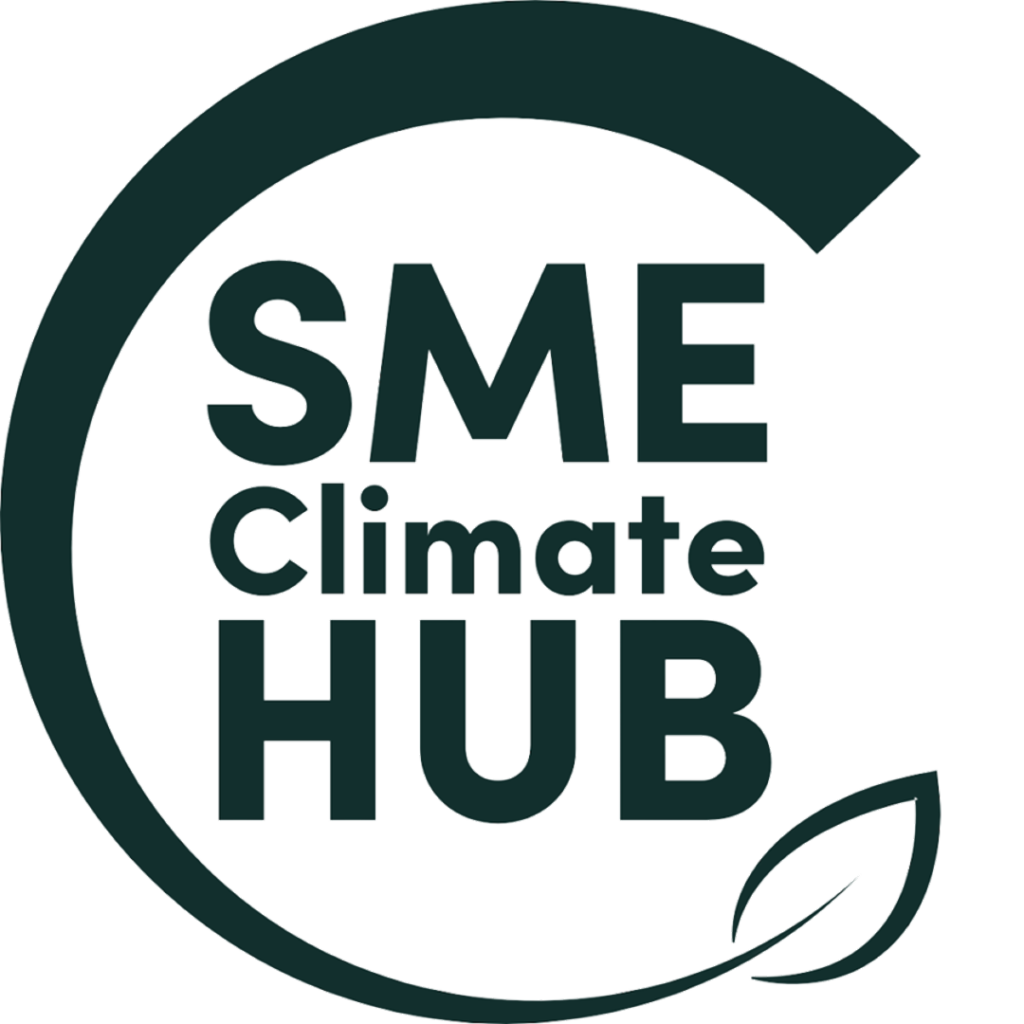
Wir sind stolz zu verkünden, dass wir den Klimanotstand ernst nehmen und uns verpflichtet haben, bis 2050 Netto-Null-Emissionen zu erreichen.
#UnitedNations #RacetoZero
Begleiten Sie uns auf unserer Race to Zero
eolos | engineering the future® und sein Logo ist ein eingetragenes Warenzeichen der eolos GmbH. Alle Rechte vorbehalten
Design for Circularity und sein Logo ist ein eingetragenes Warenzeichen der eolos GmbH. Alle Rechte vorbehalten
eolos GmbH – Rosenthaler Str. 33, 10178 Berlin, Deutschland – Amtsgericht Berlin Charlottenburg – HRB 207 570B
Sie können unsere aktuellen Stellenangebote auf LinkedIn finden oder uns eine Initiativbewerbung über das Formular senden.
Mit der Angabe Ihres Namens und Ihrer E-Mail-Adresse erklären Sie sich damit einverstanden, von einem unserer Experten kontaktiert zu werden.